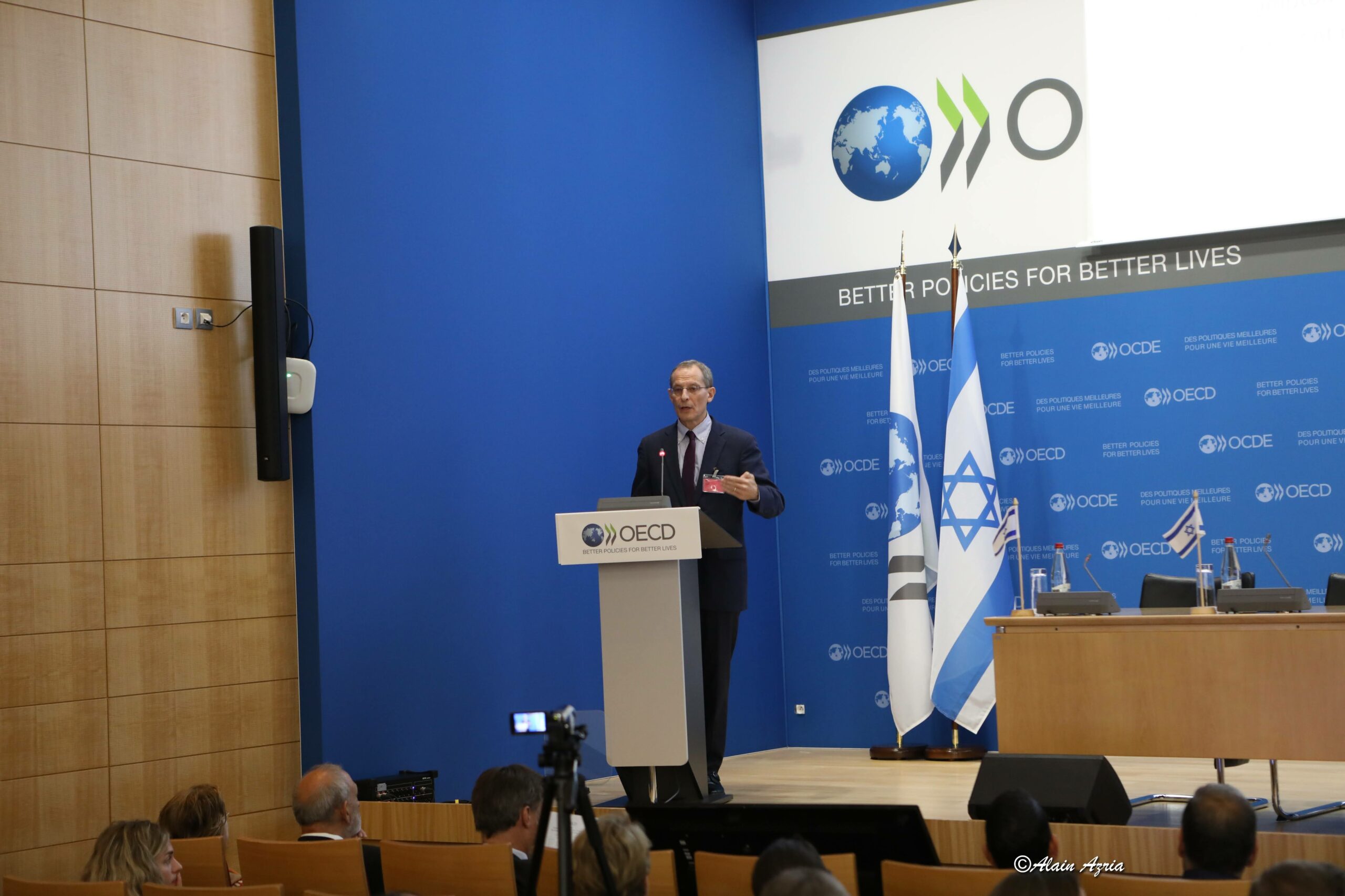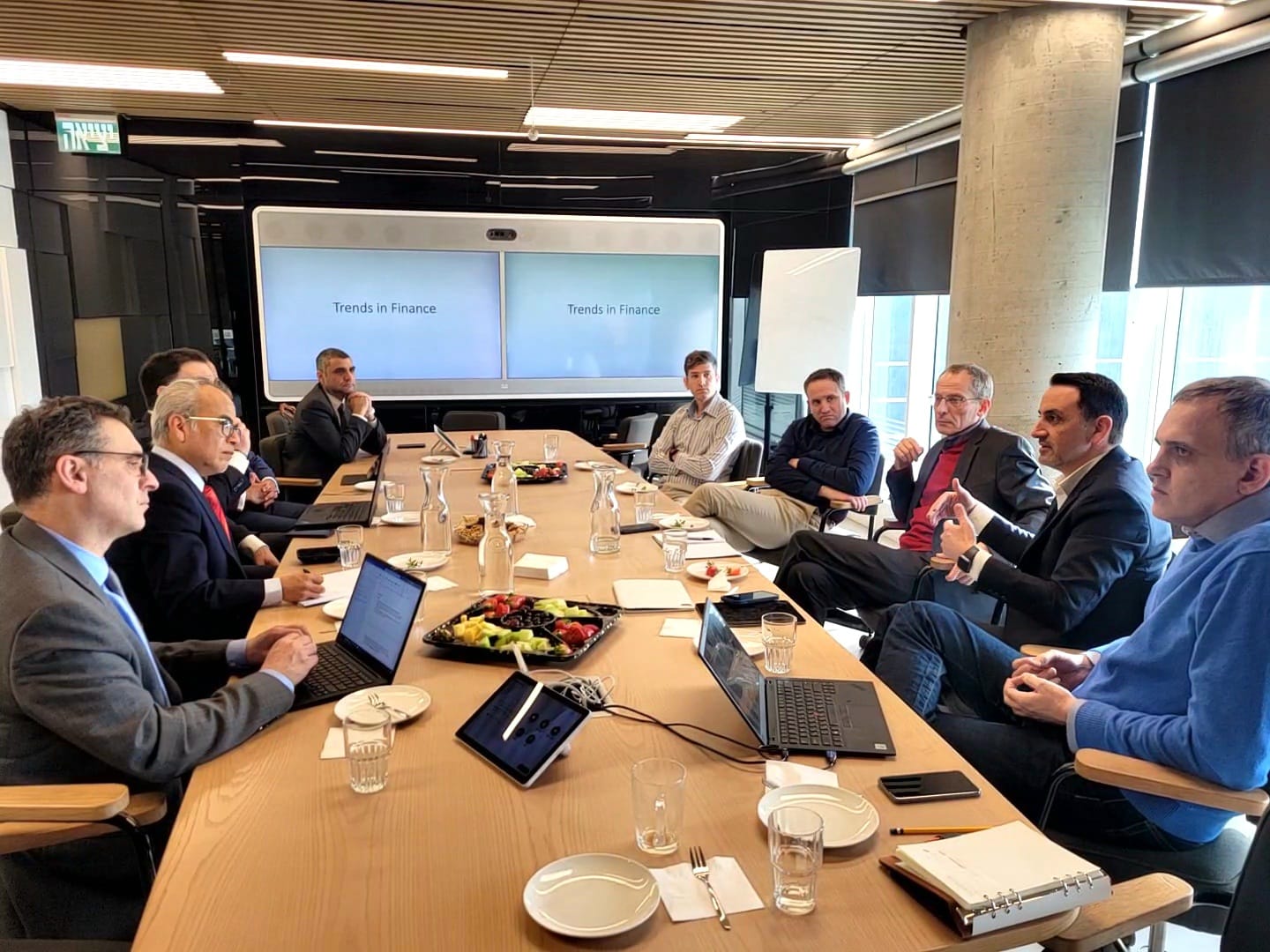SNPI played a significant role at the OECD Global Forum on Technology’s event, which brought together high-level leadership, technology, and policy experts, collectively exploring the challenges shaping our technological future.
Our Chairman, Prof. Eugene Kandel, delivered a keynote address on shaping innovation ecosystems. Drawing insights from Israel’s experience as a global leader in innovation, he emphasized the need for a groundbreaking vision and a long-term smart policy, the pivotal role of public-private partnerships, and strategies to navigate both local and global challenges.
In these difficult times, the importance of international collaboration and cross-sector dialogue cannot be overstated. It’s noteworthy that the event was originally planned to be hosted in Israel, jointly led by the OECD, SNPI, and our partners the Israel Innovation Authority and the Israel National Digital Agency. However, in light of the brutal attack of October 7, it took place virtually.
We express gratitude for the opportunity to share our insights and experiences with the global community. By fostering collaboration and leveraging collective expertise, we can forge a brighter future for all.


